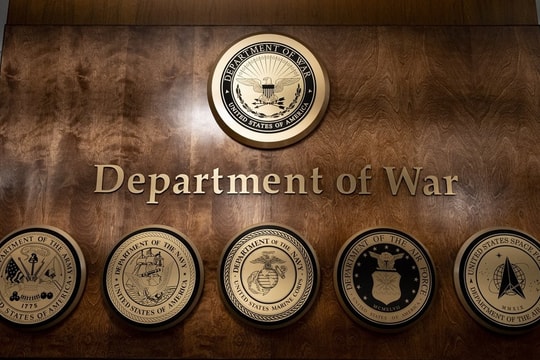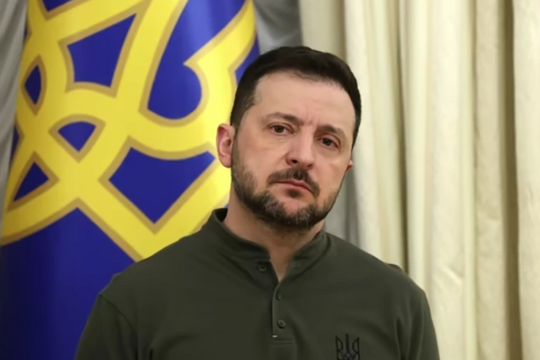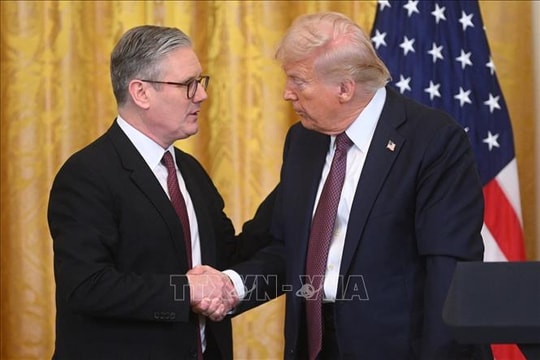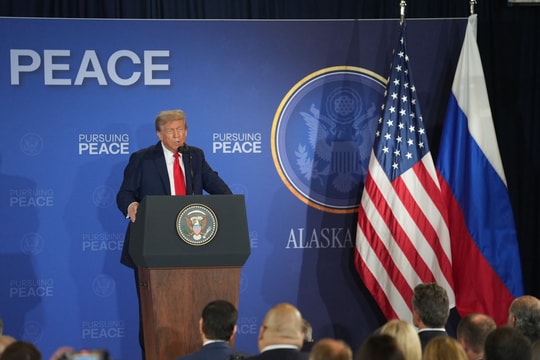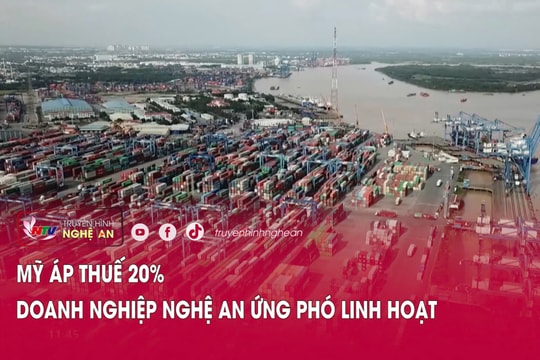China sends diplomatic note of protest to US, Taiwan calls for calm
China has issued a diplomatic note following a phone call between US President-elect Donald Trump and Taiwan's leader, while Taipei has called on Beijing to calmly address the issue.
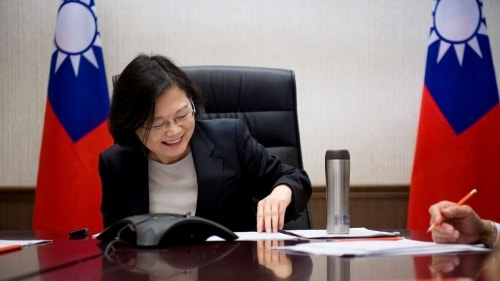 |
| Taiwanese leader Tsai Ing-wen smiles during a phone call with US President-elect Donald Trump. Photo: SCMp |
China's Foreign Ministry said today that it had lodged "firm protests" with the "relevant US side", calling for the Taiwan issue to be handled carefully to avoid any unnecessary fluctuations in relations.
"The One China principle is the basic political foundation of China-US relations," Reuters quoted the ministry as saying.
The phone call between US President-elect Donald Trump and Taiwanese leader Tsai Ing-wen lasted 10 minutes. This is the first time a US president or president-elect has spoken by phone with a Taiwanese leader since 1979, when then-US President Jimmy Carter recognized the "One China" policy, thereby severing diplomatic relations with Taiwan.
Mr Trump said Ms Tsai "called him" to congratulate him on his presidential election, in a statement posted on his Twitter account. "It's great that the US sells Taiwan billions of dollars in military equipment and I shouldn't get a congratulatory call," AFP quoted him as saying in a retort a few hours later.
Taiwan's legislature, which handles mainland China issues, said Beijing needed to "calmly" view the phone call.
"We call on China to face up to the new situation in the Asia-Pacific region and work with us to move forward the development of cross-strait relations, and open up new avenues that benefit the peaceful development, prosperity and stability of the region," the Mainland Affairs Council said.
After the phone call, the White House reaffirmed its support for the "One China" policy. Chinese Foreign Minister Wang Yi said Beijing hoped that bilateral relations between China and the US would not be "interfered with or damaged" after the phone call, but said it was a "despicable trick" by Taiwan.
According to VNE

